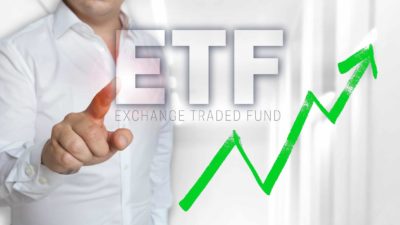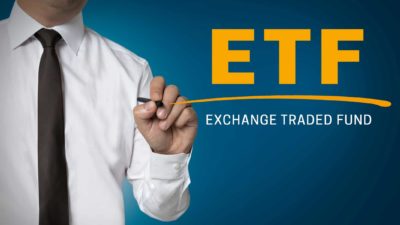The Vanguard US Total Market Shares Index ETF (ASX: VTS) is a high-quality exchange-traded fund (ETF) that most people would have benefited from owning in the last five years. The unit price has gone up more than 80%, as shown on the chart below.
The US share market is home to many of the world's biggest and strongest businesses including Microsoft, Apple, Nvidia, Alphabet (which owns Google), Amazon, Meta Platforms, Berkshire Hathaway, Eli Lilly & Co, Broadcom and JPMorgan Chase & Co.
Households that invest in the VTS ETF can get exposure to most of the US share market because it has over 3,700 holdings. That's a lot of diversification in one investment. While the holdings are listed in the US, the underlying earnings come from across the world.
Having said that, I think there are (at least) three things that some investors need to know about this fund.
Extremely low fees
One of the best reasons to invest in this ASX-listed ETF is the fact that it has exceptionally low management costs.
The lower the fees, the more returns stay in the hands of investors. Therefore, low fees are good for long-term investing and wealth building. Of course, there's more to being a good investment than just low fees, but it's a very useful element.
According to Vanguard, the VTS ETF has an annual management fee of just 0.03%. Let's compare that to a few other options.
The Vanguard MSCI Index International Shares ETF (ASX: VGS) has an annual fee of 0.18%.
The Betashares Nasdaq 100 ETF (ASX: NDQ) has an annual management fee of 0.48%.
The iShares S&P 500 ETF (ASX: IVV) has an annual fee of 0.04%.
The VTS ETF is cheaper than its rivals, though the IVV ETF fee is very similar.
Great financial metrics
Every month, Vanguard tells investors what the financial metrics of its ETFs are.
The financial 'characteristics' of the VTS ETF are very positive because of the strength of the businesses within the US share market.
According to Vanguard, as of 31 May 2024, the VTS ETF had a return on equity (ROE) of 24%. That shows that the companies within the ETF are generating enormous profits for how much shareholder money is being retained within the businesses. It may also suggest that these businesses can keep growing profit at a good rate if they continue reinvesting for ongoing growth.
Vanguard also said the earnings growth rate is currently 15.7%, which is a strong rate of compounding of the earnings per share (EPS). Long-term double-digit EPS growth can translate into double-digit shareholder returns over time, even if there is a bit of volatility along the way.
Becoming more concentrated
While the performance of US shares has been stunning, we should keep in mind that the American stock market's performance is being driven by a few large US tech shares.
I'm talking about names like Nvidia, Microsoft, Apple, Alphabet, Amazon and Meta Platforms. The stocks alone account for more than a quarter of the portfolio – a fund that owns over 3,700 businesses.
It's understandable that these stocks are becoming a larger share of the US market because their profits and market capitalisations keep rising over time. However, if this trend continues, it reduces the effectiveness of diversification, and the VTS ETF could become very reliant on those stocks delivering returns to do well.









